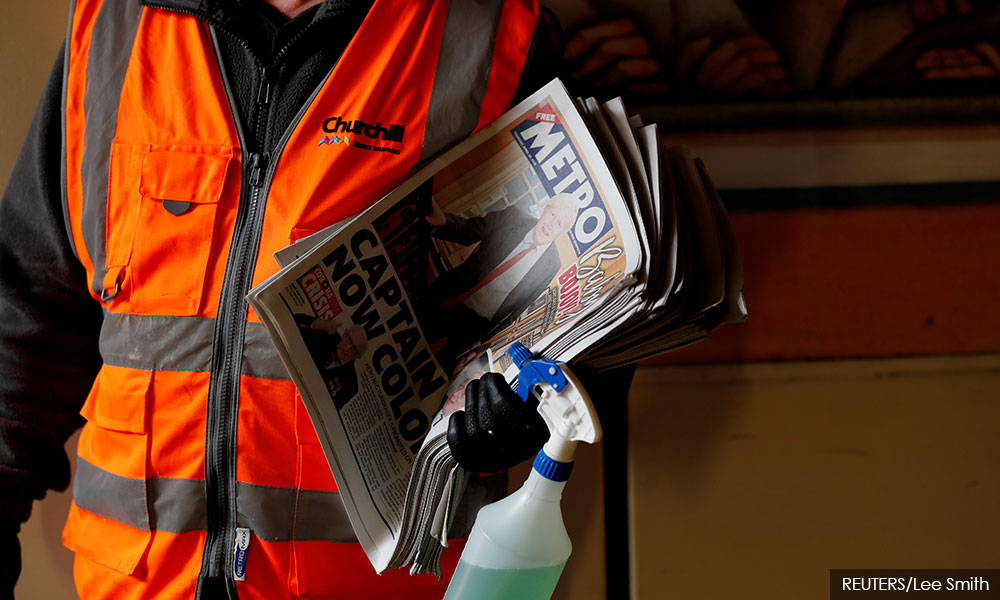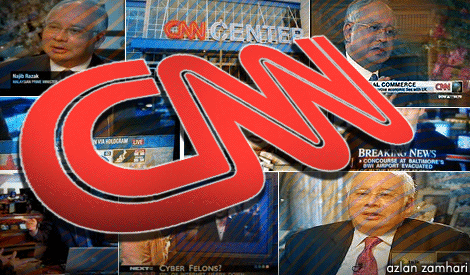Since CERN launched its first website in 1991, accessing millions of news sites is practically instantaneous on our smartphones. But has it made us any smarter or shifted our worldviews?
Social media algorithms, which focus more on waggish engagements than informed dialogue, have, in fact, polarised our politics. We isolate ourselves in news silos and get caught up in a feedback loop that reinforces our partisan opinions of the world.
We gravitate to views we agree with, oblivious that deep fakes and AI-generated narratives are lurking online. AI chatbots are already producing texts that look like breaking news that appear in "content farms - low-quality websites run by anonymous sources that churn out posts to bring in advertising", according to a review by Bloomberg.
Content moderation technology
Content moderation technology (or 'fact-checking' as in journalism) is still catching up with viral falsehoods that fan outrage and conspiracies. AI ethicists are reportedly concerned about fake news becoming real to social media users.
To quote Wired, a tech magazine: "Fact-checking is still a long way from being fully automated. While large language models (LLMs) like ChatGPT can produce text that looks like it was written by a person, it cannot detect nuance in language, and has a tendency to make things up and amplify biases and stereotypes."
This leads to these concerns: How will we know whether what we read from our news feeds are entirely accurate or reasonably fair? How can we know, for instance, the real causes of the Russian-Ukraine war or the ongoing clash between democracy and autocracy, progressives against conservatives, internationalists against nationalists, and so forth?
This is where professional journalists matter - emphasis on "professional". That is, "professional journalists" are bound by the need to substantiate their articles with facts, giving all sides to a story, the right to fair comment, and clarifying the context of the reported issues.
Even then, journalists (and independent bloggers alike) are swayed by their inherent inclinations, tethered to their news organisations' commercial culture and political leanings.

Articles are written and framed with different intents - to inform and educate or to persuade and propagate. Hence, the different emphases in the headlines, story angle, news sources and editorial slants across media outlets.
Whys and hows
Although journalists do know more than what they report, they are limited in what they can do. Explanations of the why’s and how’s of issues are therefore often incomplete.
As responsible news consumers, what can you do? The remedy is simple. Start by actively debunking falsehoods. Seek out the truth yourselves. To detect the “red flags” in your news feeds, here’s one of many guides.
If you habitually keep on deferring to a particular media outlet because the contents validate your worldviews, you may just be right at the doorstep of an echo chamber. Enter and you will only hear voices that reinforce your beliefs and biases.
That is the time to draw back and take stock of the sites you rely on for local and world news. Vacate the echo chamber for the house of different voices.
It is said that you don't talk to your friends if you want to make peace. You talk to your enemies. Likewise, with reading the news.
Hence, my morning routine is to scan the headlines of The New York Times, CNN, ABC (American Broadcasting Company) and BBC. Then, Al Jazeera, Russia Today, Moscow Times, South China Morning Post, and China Daily.

For Australian news, I rely on public news services: ABC (Australian Broadcasting Corporation) and SBS. Finally, the Malaysian news portals for what's happening back home.
That would take up much of my morning browsing the 'Western' and 'non-Western' views of the Russia-Ukraine conflict, the US-led techno-sanctions on China, the emerging de-dollarisation, the shifting geopolitical powers prompted by China and its allies, and many more.
Still, I am none the wiser. What is real and true depends on what I have gathered from my choice of media outlets. And I could have unknowingly been misled by some articles generated by AI chatbots.
The only way to personally counter the virulent spread of untruths and crazy conspiracies is to expand my personal learning network and become more discriminating in what I choose to read - and refrain from re-posting articles that friends have unwittingly sent me, which turn out to be crazy conspiracies. - Mkini
ERIC LOO is a former journalist and educator in Australia, and a journalism trainer in parts of Asia.
The views expressed here are those of the author/contributor and do not necessarily represent the views of MMKtT.




No comments:
Post a Comment
Note: Only a member of this blog may post a comment.